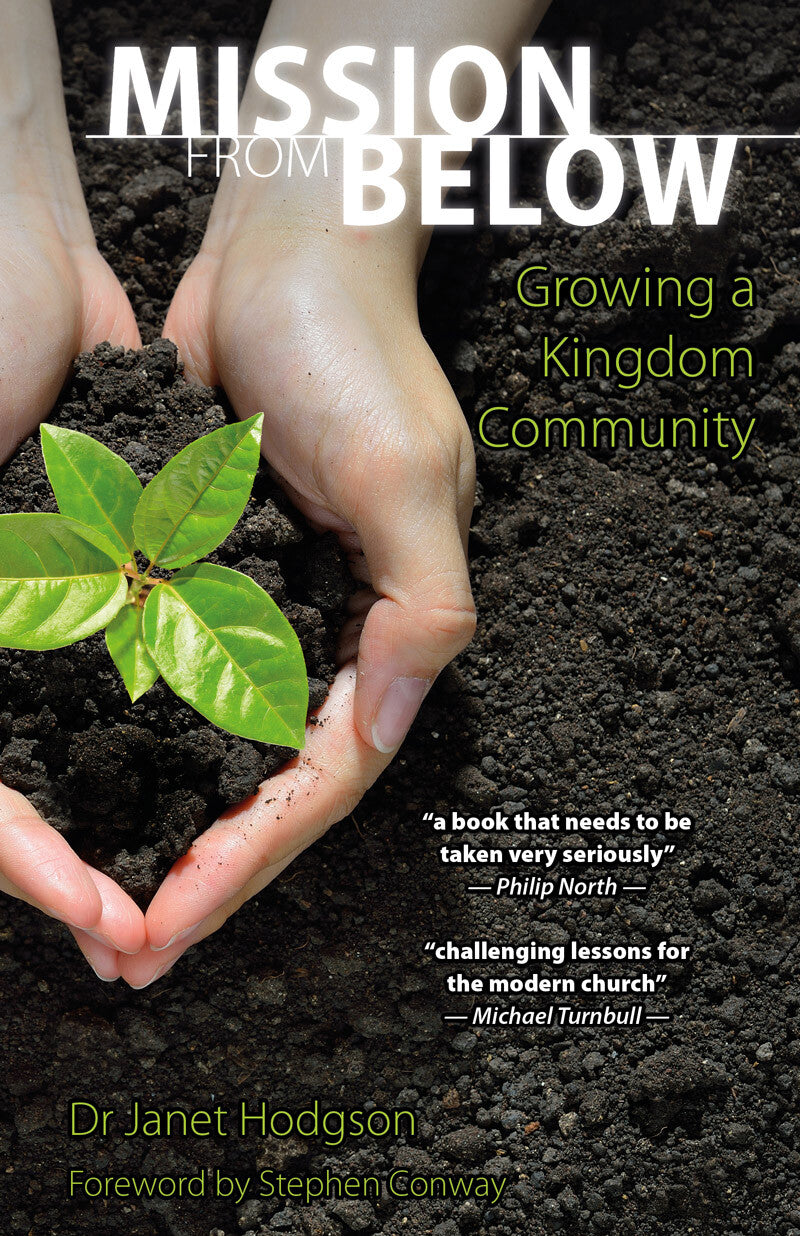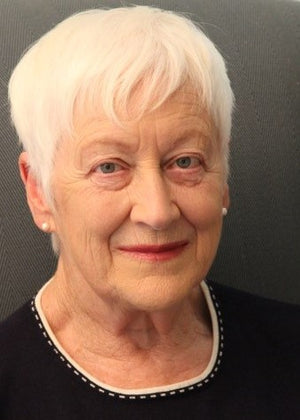 GUEST BLOG: The inspiring story of two Loreto Sisters’ work with one of the most deprived communities in the North East, by Janet Hodgson.
GUEST BLOG: The inspiring story of two Loreto Sisters’ work with one of the most deprived communities in the North East, by Janet Hodgson.
I am from South Africa and have worked all my life in different aspects of mission at home, in Britain and Canada. When I was appointed Advisor in Local Mission in 1994 in Durham Diocese it was a shock to witness so much deprivation in the region. In its report in 2020, the British Medical Association highlighted the disparities in healthcare in the North East as compared to the rest of Britain. Similar findings were reported over the last five decades but nothing much was done by successive governments. This should concern the church as much as the state, both having let the North East down. It is high time they prioritised their outreach in the region. Traditionally, mission has concentrated on an overseas outreach. Local mission, however, focuses on our neighbours, especially the poorest among us. Far from being do-gooders to the poor with fanciful projects designed by church leaders, we need to start listening to the people in these communities, giving them space to set their own agendas according to their own needs. Such mission is no longer imposed from the top to the bottom but comes from the bottom up.
Mission from Below is the story of such an imaginative experiment by two Roman Catholic Loreto Sisters. In 1988, they chose to move to Port Clarence, one of the most deprived estates in Britain. Situated on the River Tees, north of Cleveland Hills, it was a thriving town during the Industrial Revolution. It was dogged by spiralling unemployment, poor health, high mortality rates, teenage pregnancies, drug and alcohol abuse, minimal transport facilities, shuttered houses, littering, and chronic flooding. It had no shops, no local doctor and no local church. The primary school was on the brink of closure because of declining numbers of locals moving to seek jobs elsewhere. The estate is located near a landfill site with live nuclear waste. Owing to pollution a neighbouring village was vacated but residents of Port Clarence refused to move. Pollution blackened the laundry hung to dry and burned lawns overnight. The media dubbed it “the ghost town”.
On arrival, the Sisters were given a semi-detached house and found jobs in local schools. Initially, residents were wary. The Sisters spent the first two years just listening to the stories of locals and won their trust. This was an uncommon ministry of compassionate presence and non-judgemental listening. They neither preached, nor proffered unsolicited advice nor meddled in the affairs of the estate. Working alongside locals, they responded to their most pressing needs. When fuel poverty was identified as a priority, local women with the help of the Church Action on Poverty group mounted a house-to-house campaign that achieved the desired results, boosting the women’s self-confidence. Residents found their voice as they confronted civic authorities and demanded that action be taken to improve conditions on the estate. All along, the Sisters remained in the background, giving support and, occasionally, a nudge to get things moving. It was indeed mission by the people, for the people and of the people.
After consulting those with faith and no faith, the Sisters started holding weekly services, often in the open. Locals brought their own ideas to the liturgy. The old popular hymns were belted out. All were welcome. Attendance slowly picked up. People craved the fellowship which the services provided rather than any religious fervour. It was as much a celebration of the grace of God as of the lives of members of the community. Blessing of babies became a thanksgiving for life, as a precious gift, not only to the blessed children but also to everyone, regardless of gender, orientation, ethnicity and class.
The Sisters were quick to notice the potential of women to take on leadership roles. Women were encouraged to be involved in all aspects of community life, making important decisions and implementing them. In most church circles, they would normally be relegated to subservient roles without a say in the church’s ministry. The Sisters’ own devotion to female saints of old roused, among locals, an interest and pride in the Celtic heritage of the North East. Out of this emerged the Peace Centre with its healthcare, childcare and shopping facilities. It was also a venue to have a moment of stillness with God in the busyness of the world and to find a balance between the daily struggle for community justice and private prayer and meditation.
The Sisters left after 15 years as quietly as they appeared. They left behind a vibrant community where before there was no sense of belonging. Locals were now ready to fight their own battles with local authorities without the Sisters. A model of servant leadership evolved as exemplified by Jesus himself. This was far removed from the conventional model of church leadership which rules by dictation and largely ignores the will of the people. In Port Clarence, locals prayed for Kingdom growth rather than church growth which aims at putting bums on pews.
The mission initiated by the Sisters was fully owned by residents as they established a community kitchen garden, a brainchild of a retired commissioner of Stockton police. A large tract of a landfill site was cleared of rocks. Local families and people with physical and learning disabilities all came together to grow vegetables and plant fruit trees. Excess produce is boxed and left on doorsteps of those in need. Young offenders are trained as gardeners with requisite qualifications. The church has a presence in a hut fronted by a statue of St Francis where ecumenical clergy from neighbouring towns offer counselling.
The North East should become the centre of our future missionary endeavour, not by professional missionaries but by committed lay people who should be empowered and acknowledged as the new cadre of the mission of Jesus, our Servant Lord.
Janet Hodgson moved to the UK in 1987 having been granted an Honorary Fellowship in the Centre for the Study of Christianity in the Non-Western World, New College, Edinburgh. At the same time she was a tutor and taught mission in the Selly Oak Colleges, Birmingham for 18 months. She was then appointed Mission Adviser for USPG in the Dioceses of Oxford and St Albans for five years. Finally, she was appointed Adviser in Local Mission/Diocesan missioner in the Diocese of Durham from 1994 to the end of 2001, before retiring to South Africa. During her seven years in the North East she lived in Hartlepool but travelled the length and breadth of Durham Diocese, and nationally, ministering to the whole range of Church of England traditions.
She is the author of Mission from Below, our August #BookOfTheMonth. This book is a radical and controversial challenge to the top-down leadership models that are so widespread in the church, instead making the case for a new model of people-driven servant leadership, guided by the Holy Spirit towards kingdom growth rather than church growth. Get your copy today.











